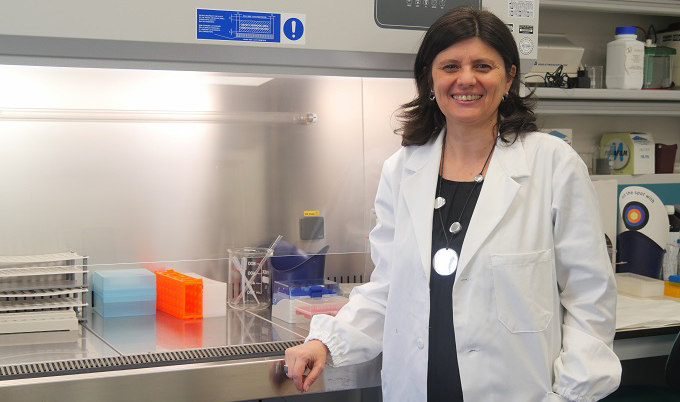The effectiveness of rehabilitation against oxidative stress

The recent article Systemic Oxidative Stress in Subacute Stroke Patients Undergoing Rehabilitation Treatment published in the prestigious journal ‘Antioxidants‘ analyses the levels of oxidative stress (d-ROMs Test) and antioxidant potential (BAP Test) in post-stroke patients before and after a six-week rehabilitation treatment.
The study, conducted by clinicians and researchers from the Don Gnocchi Foundation, is part of a research project involving 109 patients admitted to two rehabilitation centres, the S. Maria della Provvidenza centre in Rome and the Polo Specialistico Riabilitativo in S. Angelo dei Lombardi (AV).
The research involved monitoring the patients over time by analysing assessment scales related to functional recovery, together with the analysis of blood samples, with the aim of investigating the relationship between oxidative state and rehabilitation results.
Rehabilitation appears to support the body’s antioxidant action
“What emerged after the rehabilitation course,” explains Mariacristina Siotto, biochemist and head of the Laboratory of Biomarkers of Nutrition and Rehabilitation at the “S. Maria della Provvidenza” Centre in Rome, “is that the level of free radicals still tends to decrease, even if the values are not yet within normal range and the antioxidant reserve is not sufficient to counteract them. The most significant finding, however, is that patients who achieved better results in rehabilitation had lower levels of free radicals and higher levels of antioxidants. This result suggests that rehabilitation is effective not only from the point of view of functional recovery, but also plays a biological role, because it can contribute to the body’s antioxidant action“.
In short, the study confirms that moderate physical activity is crucial in counteracting oxidative stress.
«This research – comments Irene Aprile, director of the Department of Neuromotor Rehabilitation at the Don Gnocchi Foundation – represents a new frontier in the investigation of patients undergoing rehabilitation. Until now we have often focused on motor, cognitive or psychological aspects to assess the effectiveness of rehabilitation, but we had never gone so far as to analyse what happens at the molecular and biochemical level, and this opens the way to even more personalised medicine. For example, we have seen that at the biochemical level there are different responses between males and females, something we had never recorded in a neuromotor analysis: this really opens up areas of research that have never been explored until now ».
For more in-depth information read the full article.